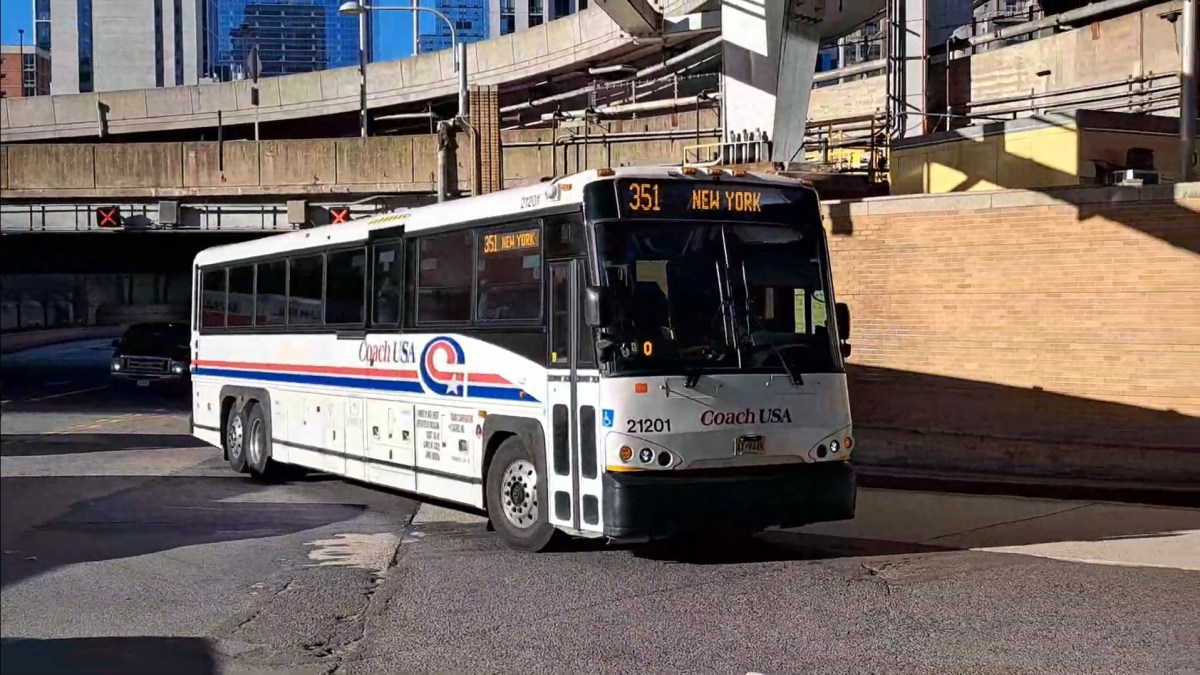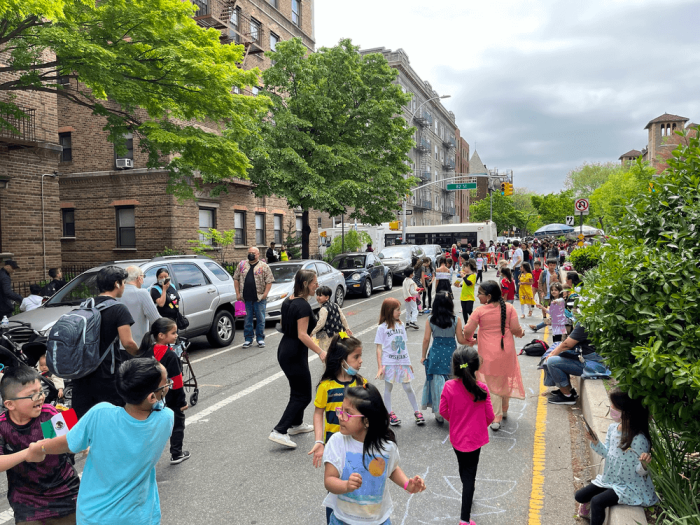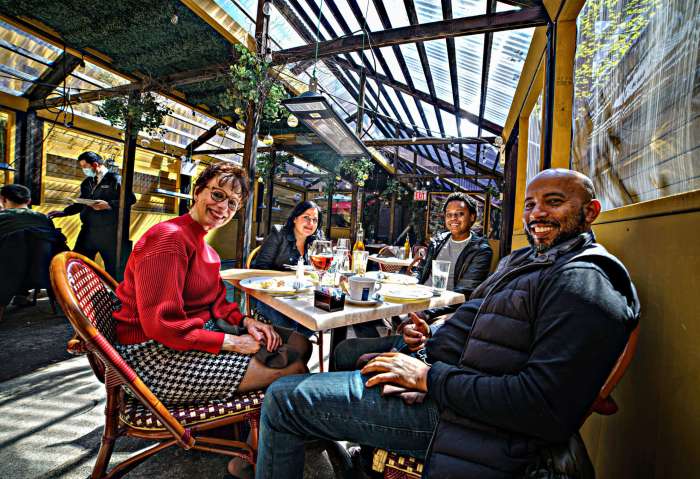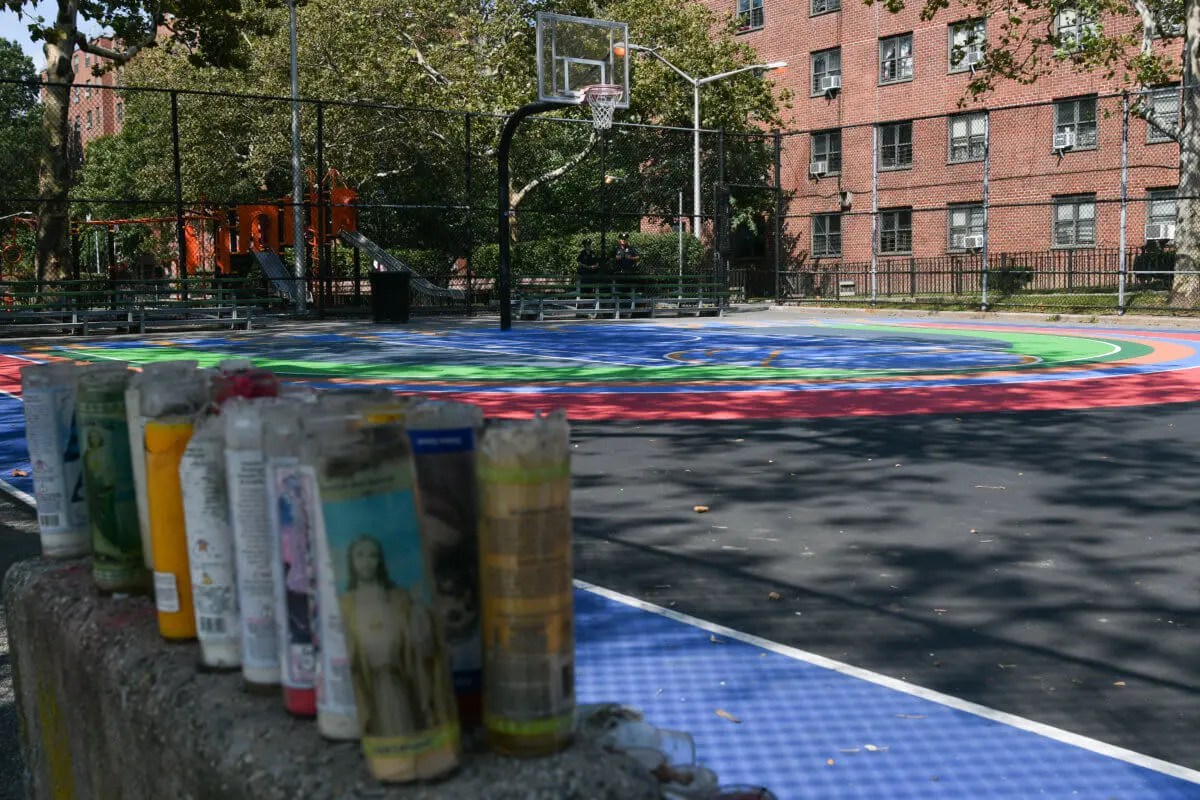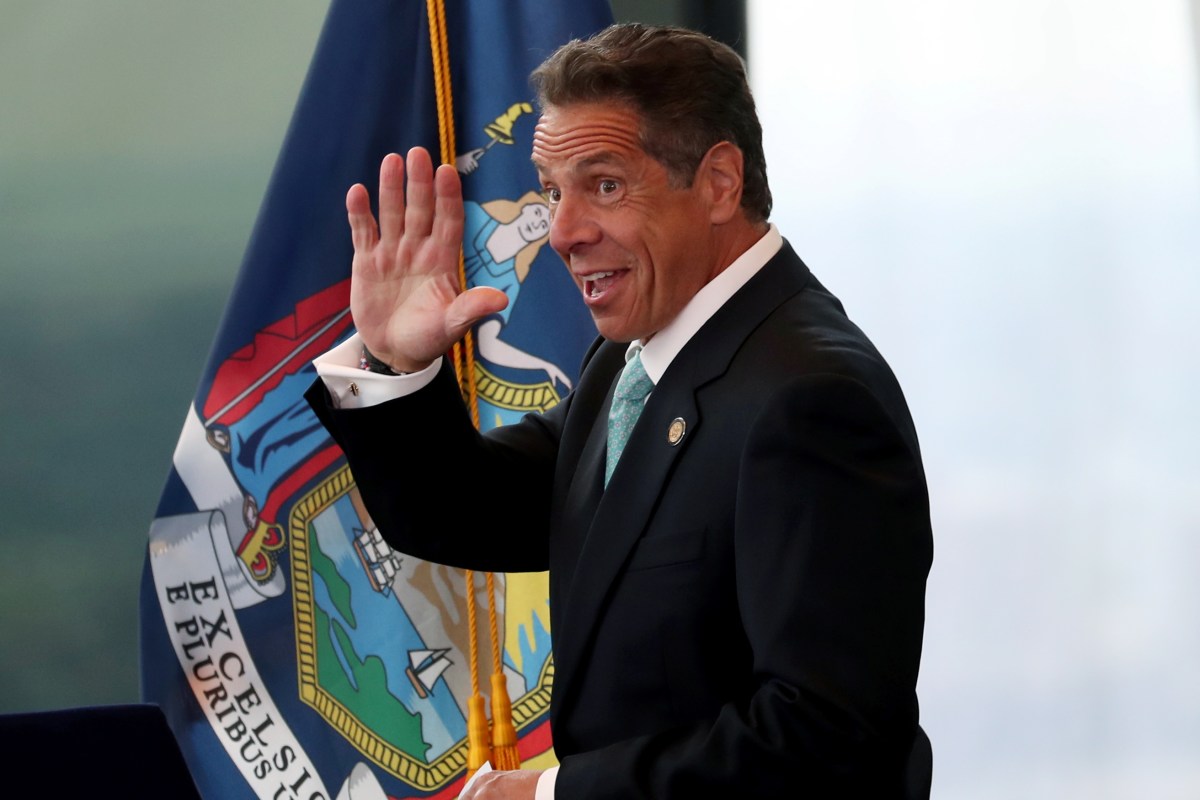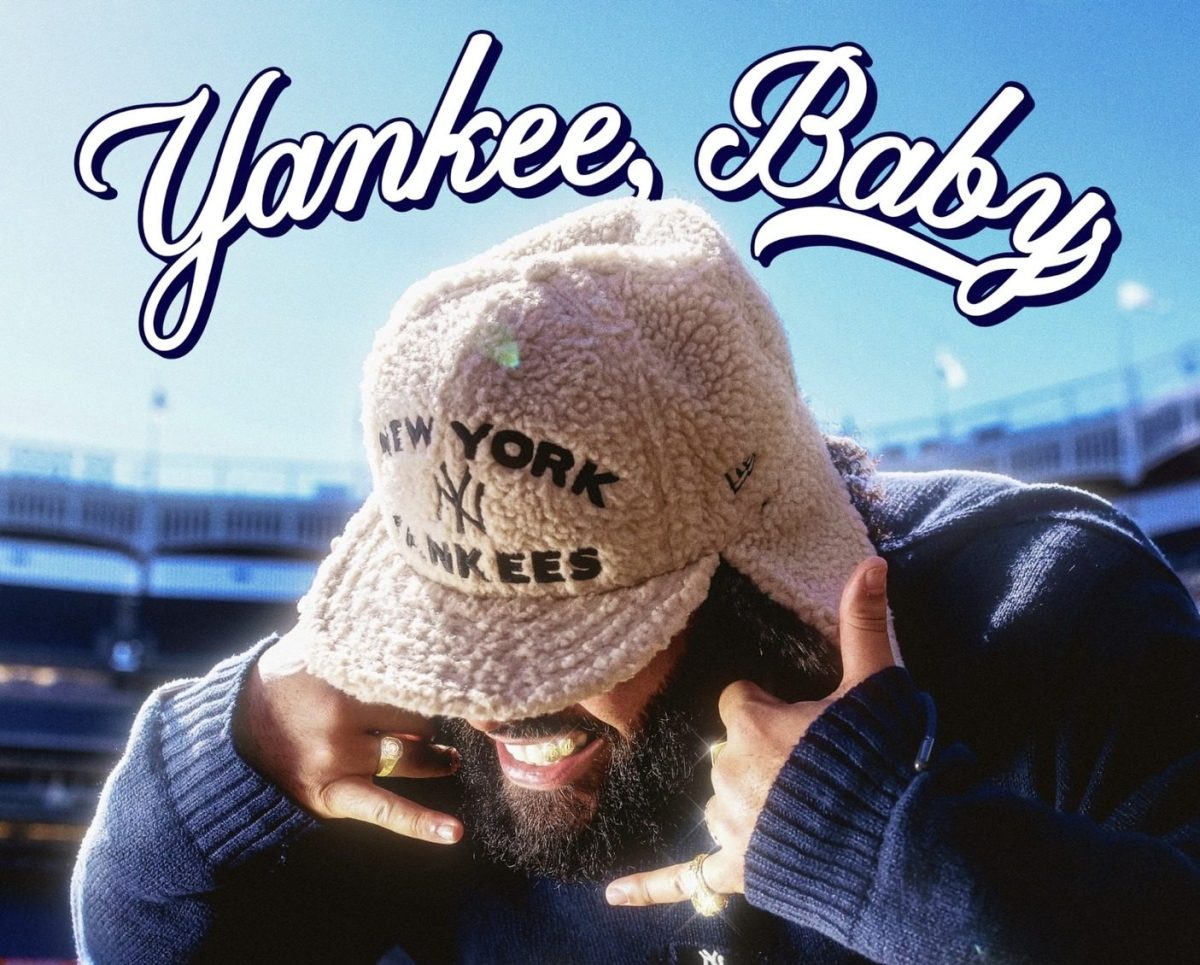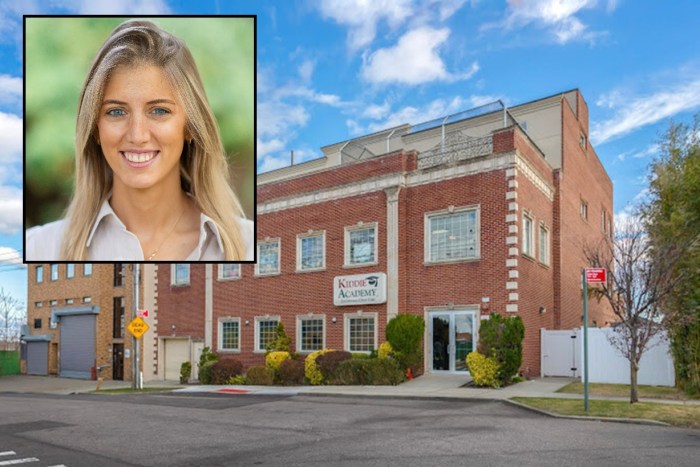Commuter buses and city vehicles are set to receive exemptions from the city’s congestion pricing program under a newly-updated plan from the MTA following feedback from the public, revealed Monday.
The base toll will remain at $15 for most motorists entering Manhattan south of 60th Street, with larger rates for trucks and discounts overnight and for low-income frequent drivers. But the original proposal to charge private bus companies and city vehicles entering Manhattan will no longer be in effect under the authority’s final proposal, which is set to get a vote at the MTA’s monthly board meeting on Wednesday.
“The MTA will bring congestion pricing toll rates to a vote this week, tied closely to Traffic Mobility Review Board recommendations, with certain clarifications that include items raised by the City of New York and others,” said Juliette Michaelson, the MTA’s deputy chief of policy and external relations.
Intercity bus providers like MegaBus, as well as regional carriers like the Hampton Jitney, will not be subject to the toll as they enter the congestion zone. Specifically, exemptions will be allowed for buses that operate on a fixed schedule; buses not running on regular intervals will not be exempt.

Bus operators had lobbied the MTA for an exemption, reasoning that private bus companies still reduced congestion by keeping people out of their personal vehicles.
Patrick Condren, head of the Bus4NYC coalition representing private bus companies, praised the exemptions, which previously only applied to public transit carriers like the MTA.
“It’s definitely a major step in the right direction to recognize that private carriers carry the same riding public as publicly-owned authorities,” said Condren. “And we support the MTA in congestion mitigation issues, because buses with 55 people are clearly a congestion mitigation, and this is what we’re all about.”
Under the original proposal advanced by the MTA’s Traffic Mobility Review Board late last year, private buses would have been charged $24, in line with the rate for small trucks.
Commuter vans (aka dollar vans) licensed by the Taxi & Limousine Commission, like those running between the city’s Chinatowns, will also get an exemption, after calls for such by Chinatown pols.
City vehicles, school buses
The final proposal will also exempt any yellow school bus under contract for the Department of Education, after lobbying on the matter by Mayor Eric Adams and others.
The original proposal exempted only a small cadre of the city vehicle fleet, like emergency vehicles and garbage trucks. But after lobbying by City Hall, a larger number of vehicles will be spared from the toll after “specialized government vehicles.” The list of vehicles will be hashed out between the Department of Citywide Administrative Services (which manages the fleet) and the MTA.
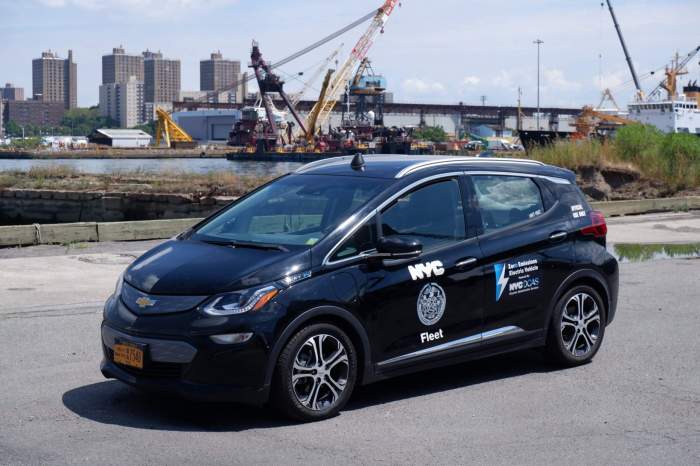
The list has not been finalized, but could include vehicles typically doing government business in the central business district like sanitation inspectors, building inspectors, Administration for Children’s Services caseworkers, and city planners.
“Congestion pricing is here, and we are glad that this plan will deliver for working-class New Yorkers,” said City Hall spokesperson Liz Garcia. “As a result of our advocacy, we’ve secured discounts for low-income New Yorkers and shift workers, exemptions for school buses and essential city vehicles, and $100 million to reduce the impacts of car traffic on vulnerable communities in the South Bronx and across the five boroughs. While this is just the beginning, these are critical steps to ensuring that congestion pricing is equitable for all New Yorkers.”
The majority of the city’s 30,000-vehicle fleet will still not be exempt, according to the mayor’s office and MTA. The list of vehicles will be available to the public, according to the MTA.
The mayor had also sought a full exemption for yellow cabs, but the MTA did not agree to grant it. Yellow cab fares into, out of, or within the CBD will be subject to an additional $1.25 surcharge, while Uber and Lyft rides will have a $2.50 affixed fee.
The MTA intends to have congestion pricing up and running by June and has installed most of the gantry infrastructure to levy tolls, but the timeline — and the mass transit improvements the program would fund — is threatened by multiple lawsuits aiming to overturn the program.
With an additional round of public input over, should the MTA Board opt to approve the new proposal the feds will review it to ensure it complies with the MTA’s environmental assessment for the scheme.
Read more: Manhattan Subway Robbery Prompts Alert



